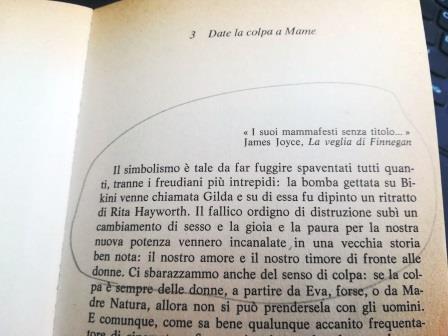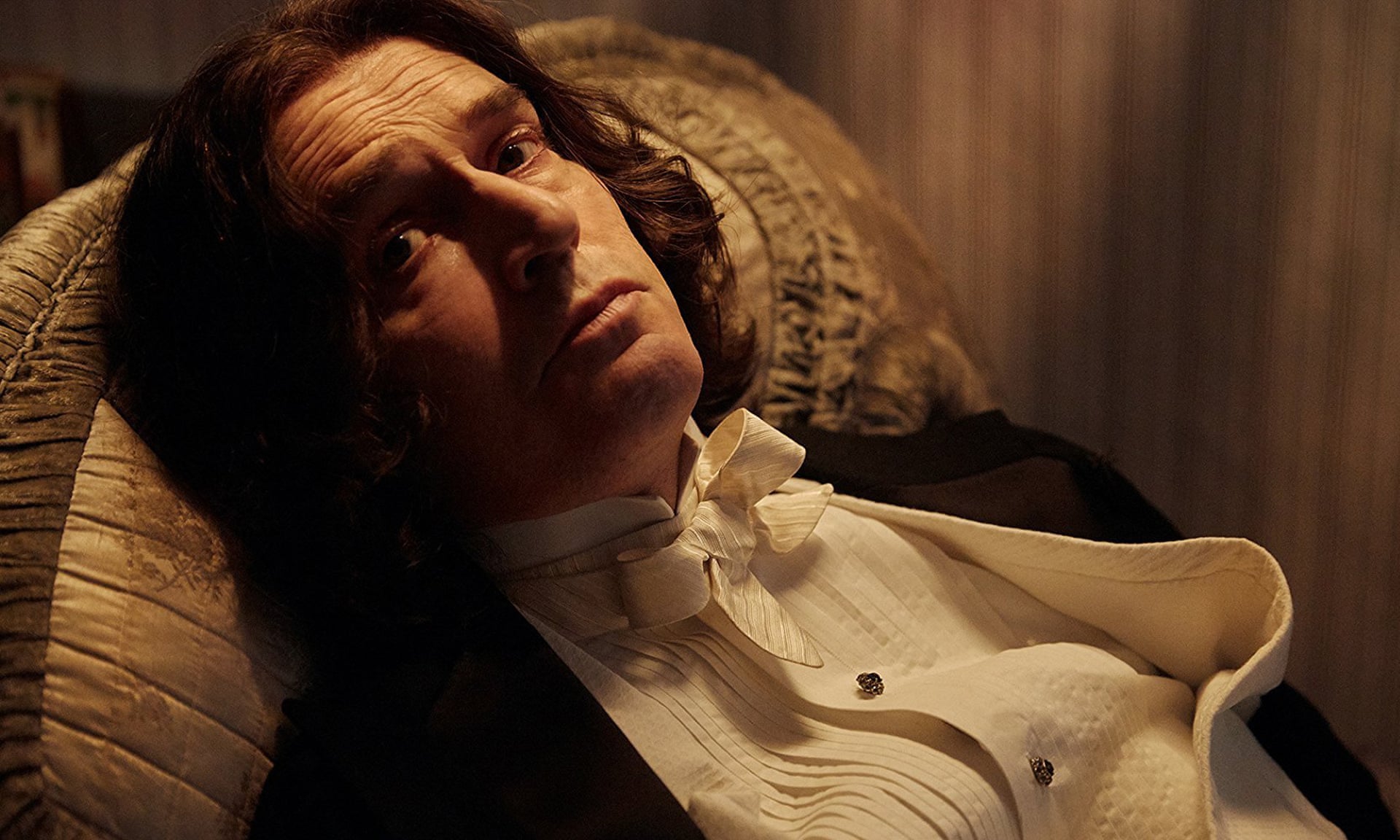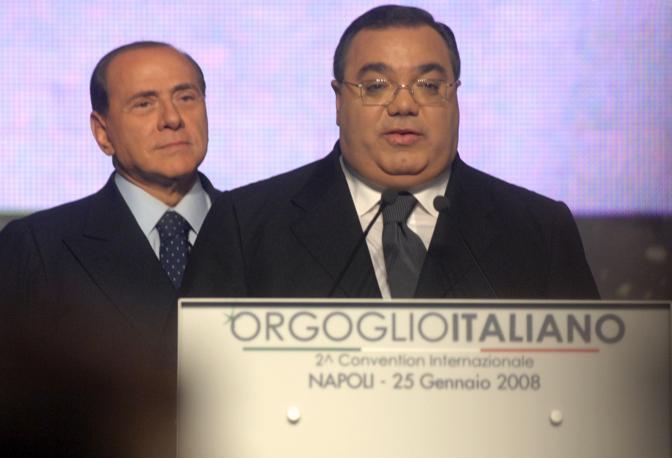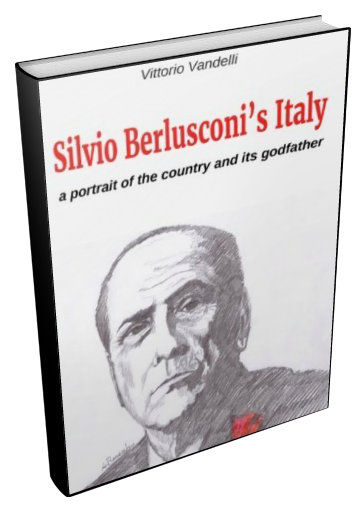A personal passionate collection of movies worth remembering.
Una collezione personale e appassionata di film che vale la pena ricordare.
Il cinema sotto le stelle

Location and programme: the best open-air cinema in Italy – for free

The best classical movie screening in Italy from the Cineteca di Bologna’s restored films
SACCO E VANZETTI
(Italia-Francia/1971) di Giuliano Montaldo (125′) Introduce il regista Giuliano Montaldo
Rivisto oggi, restaurato e introdotto dalle parole del vecchio regista, il film impressiona. Non solo p er la sua bellezza estetica, l’interpretazione di un magistrale G. M. Volontè, la descrizione chiara e partecipata del contesto ma soprattutto per l’attualità di questo film. La discriminzazione degli emigranti, non solo italiani, il razzismo implicito, la condanna dei due anarchici per motivi politici, oltre ogni logica processuale, rendono di struggente attualità questa opera. In un secolo si sono ribaltati i ruoli, ora noi sediamo idealmente sulla sedia del giudice Thayer e condanniamo a morte chi cerca aiuto da una fine sicura. Con le parole di Woody: “I’ve got no time to tell this tale, The dicks and bulls are on my trail; But I’ll remember these two good men That died to show me how to live.”
Two good men a long time gone
(Two good men a long time gone, oh, gone),
Sacco, Vanzetti a long time gone,
Left me here to sing this song.
Sacco worked at trimming shoes;
Vanzetti was a peddling man,
Pushed his fish cart with his hands.
Somewhere over in Italy;
Vanzetti was born of parents fine,
Drank the best Italian wine.
Landed up in Boston Bay;
Vanzetti sailed the ocean blue,
Landed up in Boston, too.
Sacco was a family man;
Vanzetti was a dreaming man,
His book was always in his hand.
Being the factory’s best shoe cutter;
Vanzetti spoke both day and night,
Told the workers how to fight.
‘Bout this payroll robbery;
Two clerks was killed by the shoe factory
On the street in South Braintree.
He would cut the radicals down;
Anarchist bastards was the name
Judge Thayer called these two good men.
Katsman, Adams, Williams, Kane;
The judge and lawyers strutted down,
They done more tricks than circus clowns.
He slept along the dirty streets,
He told the workers ?Organize?
And on the electric chair he dies.
And work like Sacco and Vanzetti;
And every day find some ways to fight
On the union side for workers’ rights.
The dicks and bulls are on my trail;
That died to show me how to live.
Sing this song and sing it plain.
All you folks that’s coming along,
Jump in with me, and sing this song.
GILDA
(USA/1946) di Charles Vidor (110′)

America in the movies – M. Wood
Rivisto così, super maxischermo, bianco e nero sfavillante per il restauro, audio originale chiarissimo, Gilda diventa ancora più l’icona del noir dei 40. Rivisto oggi, la prima cosa che sovviene è la somiglianza con Casablanca, diciamo una versione noir del capolavoro di Curtiz. La dark lady è sempre la causa scatenante di turri i mali, la sua sessualità la trappola mortale, i suoi DUE compagni le vittime presdestinate, uno buono e uno cattivo. E’ il modello classico della letteratura americana, una versione cittadina e moderna del Western classici. Ma: Rita Hayworth è un personaggio più complesso rispetto a una dark lady stereotipata. E’ lei stessa piena di dubbi e angosce, tormentata e tormentatrice infelice, bomba atomica, ok, ma anhce ‘persona’. Ridicola la happy end imposta del codice Haynes, e la scoperta moraleggiante che tutti i suoi peccati e trasgressioni era solo finti. E’ la storia di molti noir: svelano una società corrotta e immorale, per poi negarla nel finale posticcio: togliete gli ultimi cinque minuti dai noir classici dei ’40 ed avtrete il vero film. Per questo, però, la colpa non è di Mame – per tuuto il resto, sì.
LA RICOTTA
(episodio di Ro.Go.Pa.G) (Italia/1963) di Pier Paolo Pasolini (35′)
“La società italiana era cambiata, cambiava: il solo modo di vedere in questo momento il sottoproletariato romano era di considerarlo come uno dei molteplici fenomeni del Terzo Mondo” (Pier Paolo Pasolini). Fame, passione e martirio di un povero generico, Stracci, che impersona un ladrone crocefisso sul set di un film su Cristo, diretto da un regista marxista (Orson Welles). Un apologo fulminante e bellissimo, un attacco frontale contro il fariseismo che gli costerà sequestri, tagli e una condanna per vilipendio della religione. (Roberto Chiesi)
Confesso un certo fastidio verso il cinema di Pasolini, e forse anche verso il personaggio stesso. Questo episodio però è da vedere, contiene tutti i temi e le ossessioni pasoliniane: lo squallore delle periferie romane, i borgatari quali metafora della vera umanità, l’improbabile O. Welles portavoce del marxismo pasoliniano. Poi il solito vilipendio alla religione che palesa però un retaggio e una ossessione dal quale il regista non riesce a staccarsi, un po’ come Joyce; la religione come vacua messa in scena in cui il vero Cristo è il poveraccio, il finto ‘ladrone’, che subisce un martirio e una morte sottoproletaria simbolica. Il tutto in un bianco e nero neorealista e vagamente surreale . Un manuale pasoliniano.
—————————————————————————————————————–
Literature and Society
Bohemian Rapsody
Never seen Queen as cult band in their heyday – too slightly commercial. But now, watching this honest biopic, I was moved, and took a chance to re-watch Live Aid, and found how poor today’s music scene is.
A Quiet Passion review – Cynthia Nixon gives Emily Dickinson the soul of a poet, The Guardian
In this film, Cynthia Nixon has the face of someone with a secret. She plays the poet Emily Dickinson, and her face is fever-bright with irony and wit, then loneliness and fear. You can see how emotions are somehow stored in that face provisionally, being refined and saved for later – for the poetry she writes during the night…
The Happy Prince review – Rupert Everett is magnificent in dream role as dying Oscar Wilde
When it comes to Oscar Wilde, my heart beats up. In his decaying period, full of sorrow, regret, sadness and stoicism, he is more charming than before. Decadence has its grandeur, like challenge

My Generation review – Michael Caine on what the 1960s were all about

———————————————————————————————-
GOING NOIR
Il Testimone invisibile
Mi ha ricordato Delitto Perfetto e Corda Tesa di hitchcockiana memoria, un set teatrale – tutto in una stanza – farcito di flash-back. Lezione di tecnica narrativa, punti di vista diversi, realtà interscambiabili e narratori inaffidabili. Tensione molto ben costruita, un noir italiano di prima qualità nel modesto contesto del thriller italiano. Da vedere.
Wind River
Western forensic thriller. There’s some Cormac McCarthy in here, and a tiny bit of Patricia Cornwell. Evil in the badlands of Wyoming: frozen wilderness, gun obsession, quest and chase, revenge, white hunter executioner – native-American friendship, discrimination, tough guys with heavy burdens. Quintessentially American
However, for a film whose closing title card explicitly marks it as a project concerned with the rape and colonial injustice suffered by Native Americans, it spends a lot of time with intervening white people. It’s more effective when it doesn’t try so hard and addresses existential themes, rather than political ones, such as the burden of grief and the tough, isolating reality of Wyoming’s frozen expanse. (Guardian)
Blade Runner 2049 review – a gigantic spectacle of pure hallucinatory craziness
Not comparable to the original, but go for it. The first replicant Marlowian detective in near future pure dystopia

The Nile Hilton Incident
Very hard-boiled, perfect location for a story of inner corruption, with a post-Marlowe Egyptian cop. The movie tells us a lot about the context of Giulio Regeni’s ‘state’ murder, down these mean streets.
————————————————————————————————————————————————————————
HISTORY
Victoria & Abdul review – Judi Dench’s class act can’t compensate for lazy Raj-era nonsense
Imperialism the way it was dreamed: obedient servant, philanthropic queen, the idyll that never was
Viceroy’s House review – soapy account of India’s birth agonies
Ahead of the 2018 Academy Awards, Steve Rose makes a rousing case for the thrilling political drama in which Gary Oldman gives us the full Churchill
Dunkirk review – Christopher Nolan’s apocalyptic war epic is his best film so far
The Post review – all the news they don’t want you to print












 The book "Silvio Berlusconi's Italy" is
The book "Silvio Berlusconi's Italy" is 